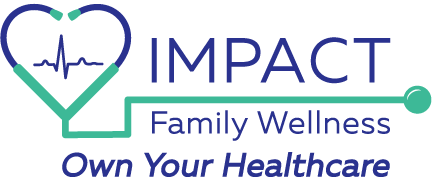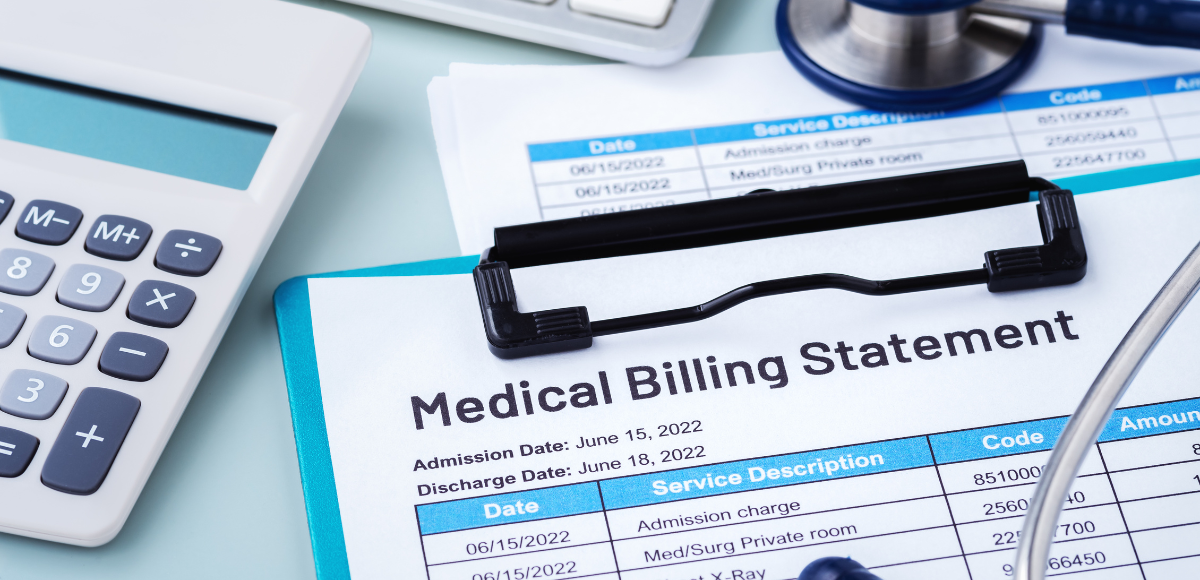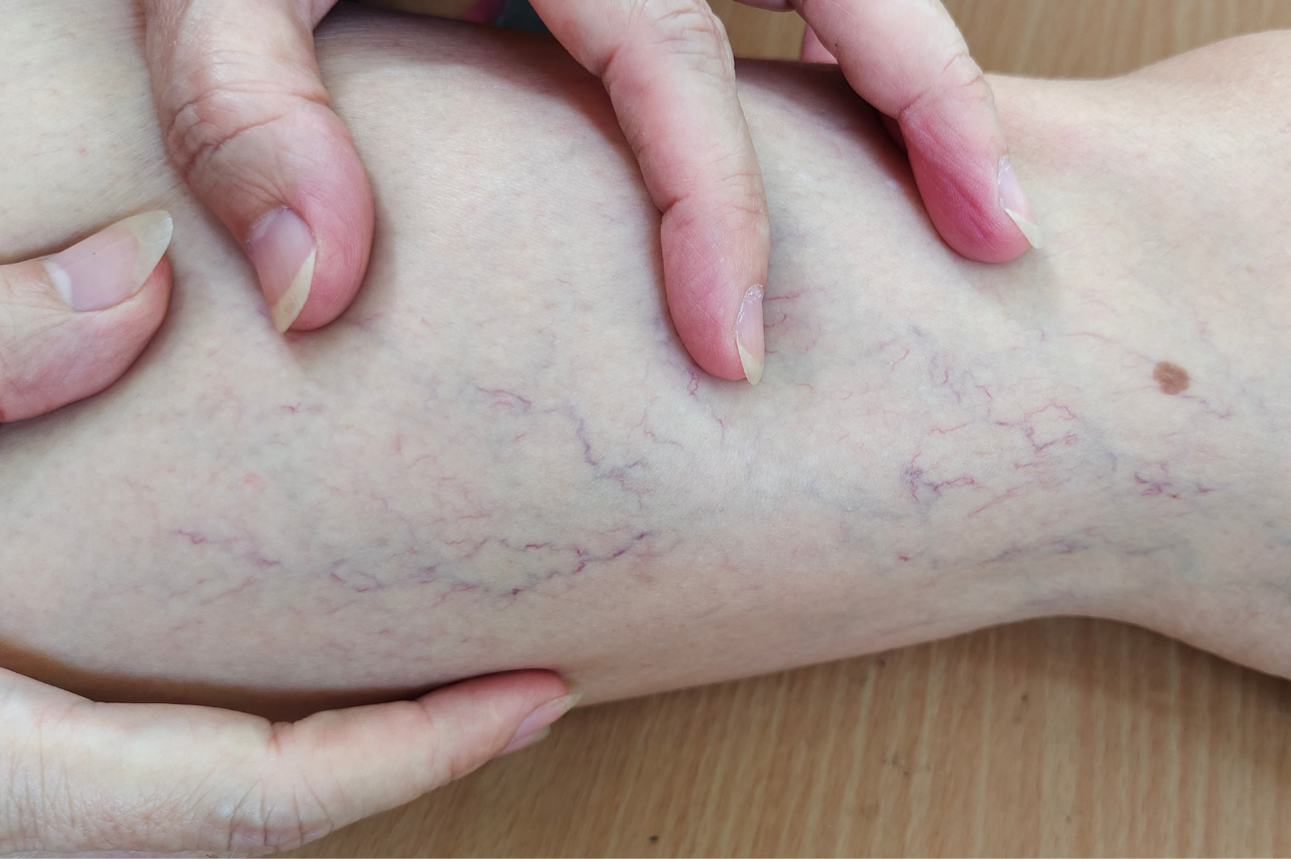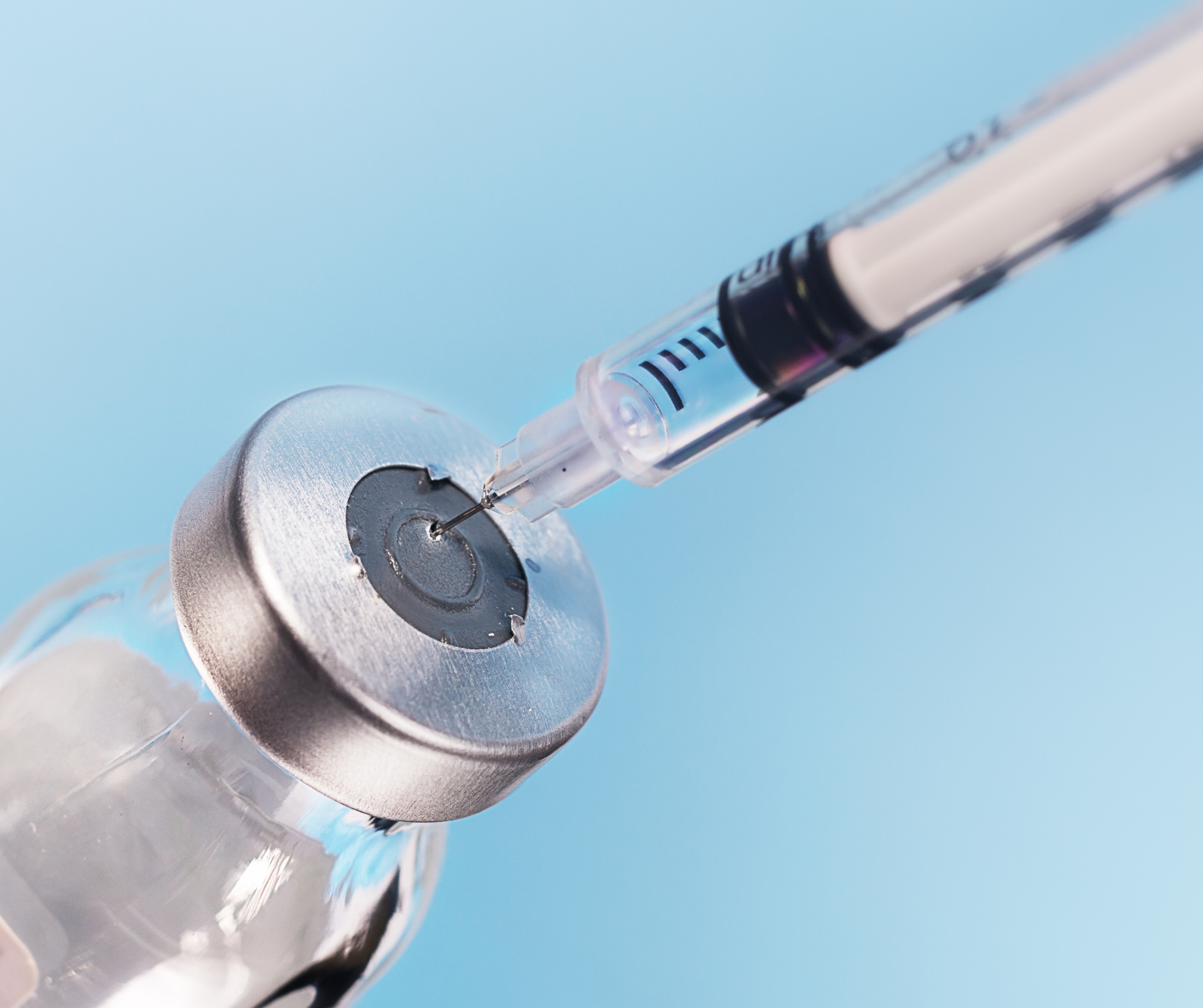9 Tips to Prepare for Your Well-Woman Exam (And Other Considerations)
Women face many unique health challenges that require regular attention. From reproductive health to hormonal shifts and conditions that disproportionately affect women, staying proactive is essential.
A well woman exam, also known as a woman’s wellness exam is an opportunity to catch concerns early, discuss changes in your body, and take control of your overall well-being. You probably feel anxious or unprepared for these visits, but you’re not alone. We’ll discuss tips to help you feel more confident and at ease walking into your well-woman checkup.
What to Expect During a Well-Woman Exam
The details may vary depending on your age, medical history, and concerns, but here’s a general breakdown of what happens during the visit:
- Discussion of your health history: Your provider will start off by asking about your medical history, lifestyle habits, and health concerns you might have. This is the time to mention changes in your menstrual cycle, unusual symptoms or family health history that may be relevant. Be as open as possible so they can tailor their recommendations.
- Physical examination: A basic well-woman exam usually includes measuring your weight, blood pressure, and sometimes a general assessment of your heart and lungs.
- Breast and pelvic exams: Your provider may inspect for lumps or other changes in your breast tissue. If you’re over a certain age or have risk factors, you may be recommended a mammogram. Meanwhile, a pelvic exam involves checking your reproductive organs for abnormalities.
- Screening and tests: Your doctor may recommend additional tests based on age and risk factors. These could include STD screenings, HPV testing, bone density scans, or blood work to check cholesterol, hormone levels, or other health markers.
- Time for questions: Before wrapping up, your provider will ask if you have concerns or questions regarding your health, whether it’s birth control, fertility, menopause, or general wellness.
Tips to Prepare Before a Well-Woman Exam
- Take note of recent symptoms, changes in your menstrual cycle, or health concerns.
- Make a list of all medications you’re currently taking, including supplements, prescriptions, and over-the-counter meds.
- Gather information about your family’s health history (this will be used to determine potential risk factors)
- List all questions about birth control, unusual symptoms, or other concerns.
- Schedule the exam after your period ends, unless the visit is urgent
- Avoid sexual intercourse, douching, or using vaginal products for at least one to two days before the pelvic exam
- Stay hydrated and eat a light meal to prevent discomfort
- Wear loose, comfortable clothing for easy removal during the exam
- Check with your provider if fasting is required for any planned blood work or screenings
Questions Your Healthcare Provider May Ask
- When was your last period?
- Are your menstrual cycles regular?
- Have you noticed any changes in your period like heavier bleeding or painful cramps?
- Do you experience unusual discomfort or discharge?
- Are you sexually active?
- Do you use contraceptives/birth control and if so, what type?
- Are you trying to conceive or planning to in the future?
- Are there changes in your libido or sexual health?
- Have you ever had a sexually transmitted infection (STI)?
- Do you perform regular breast self-exams?
- Have you noticed painful lumps or changes in your breast?
- Have you ever had a mammogram? If so, when was the last time?
- Are you experiencing menopausal symptoms like hot flashes or mood changes?
- Do you take any medications, supplements, or herbal remedies?
- Do you smoke, drink alcohol, or use recreational drugs?
- Have you been feeling anxious, depressed, or unusually stressed?
- When was your last Pap smear?
- Have you had any abnormal Pap smear results in the past?
- Do you have any other health concerns or symptoms to discuss?
It’s normal to feel a little embarrassed and tempted to leave out some details, but as much as possible, try to answer these questions truthfully. Your doctor has heard it all before, and the more honest you are, the better they can support your health and well-being.
At What Age Do You Need to Undergo a Well-Woman Exam?
A well-woman exam is recommended at various stages of a woman’s life, with the timing based on age and individual health needs. According to the American College of Obstetricians and Gynecologists (ACOG) this should be the case, even if certain screenings like cervical cancer tests are not immediately required.
If you’ve become sexually active, scheduling an exam becomes even more important as this allows discussions around contraception, STI screenings, and any reproductive health-related concerns.
These exams continue throughout your reproductive years and into perimenopause and postmenopause. Your health needs will change throughout this period, so it is essential to take charge of your health early on.
What’s the Difference between a Regular Physical and a Well-Woman Exam?
A regular physical assesses overall wellness. You will be assessed for vital signs like blood pressure, heart rate, and weight. Your provider will also review your medical history and order routine lab tests. The visit focuses on detecting and managing conditions like high blood pressure, diabetes, or high cholesterol.
Meanwhile, a well-woman exam specifically focuses on reproductive and gynecologic health. It may include a pelvic exam, breast exam, Pap smear (when needed), and discussions about menstrual health, contraception, pregnancy planning, menopause, or other concerns unique to women’s health.
Is Screening for
Intimate Partner Violence (IPV) Part of a Well-Woman Exam?
Not all healthcare providers routinely screen for IPV, even though it’s a crucial part of a woman’s overall health. It’s a complex and sensitive topic, and some providers may feel unsure about bringing it up.
If your doctor does ask about it during your well-woman exam, know that it’s not about judgment or forcing you to take action. It’s about making sure you have support if you need it. IPV doesn’t just include physical abuse, but also emotional abuse, controlling behavior, or financial control.
Even if you’re unsure whether your experiences count, your provider is there to listen, offer resources, and respect your choices. If this topic isn’t brought up but you want to discuss it, you can always bring it up yourself. You deserve to feel safe, and help is available whenever you’re ready.
Conclusion
Your health shouldn’t just be about reacting to problems but staying ahead. Regular checkups can help you spot patterns in your health, track changes over time, and make wise health decisions about your future.
Invest in yourself by making your health a priority. Register as a member at Impact Family Wellness and schedule your consultation today—because the best care starts with a proactive approach.
Other FAQs about Well-Woman Exams
Is a well-woman exam covered by insurance?
Yes, most insurance plans, including those under the Affordable Care Act (ACA), cover well-woman exams as a preventive service at no cost to the patient. However, at Impact Family Wellness, insurance is not required to access this essential care. Well-woman exams are included in your membership when you sign up with us. The pathology for the Pap smear is approximately $50.
How long does a well-woman exam take?
It typically lasts 20 to 45 minutes, depending on the tests and discussions involved. The visit may take longer if additional screenings or concerns need to be addressed.
Can I do a well-woman exam on my period?
Yes, but it’s generally recommended to schedule the exam after your period ends for the most accurate results, especially for a Pap smear. If your visit is for a pressing concern or routine checkup without a pelvic exam, being on your period usually won’t be an issue.
Are clothes removed during a well-woman exam?
Yes, for parts of the exam, you may need to remove clothing, particularly for a breast or pelvic exam. However, Impact Family Wellness is run by women, ensuring a comfortable, judgment-free environment. Your provider will walk you through the process, respect your comfort level, and provide you with a gown or drape for privacy throughout the exam.










